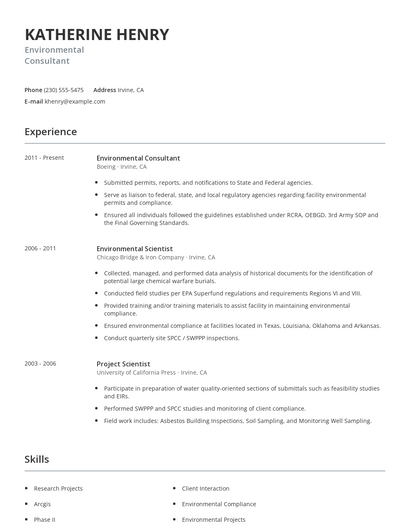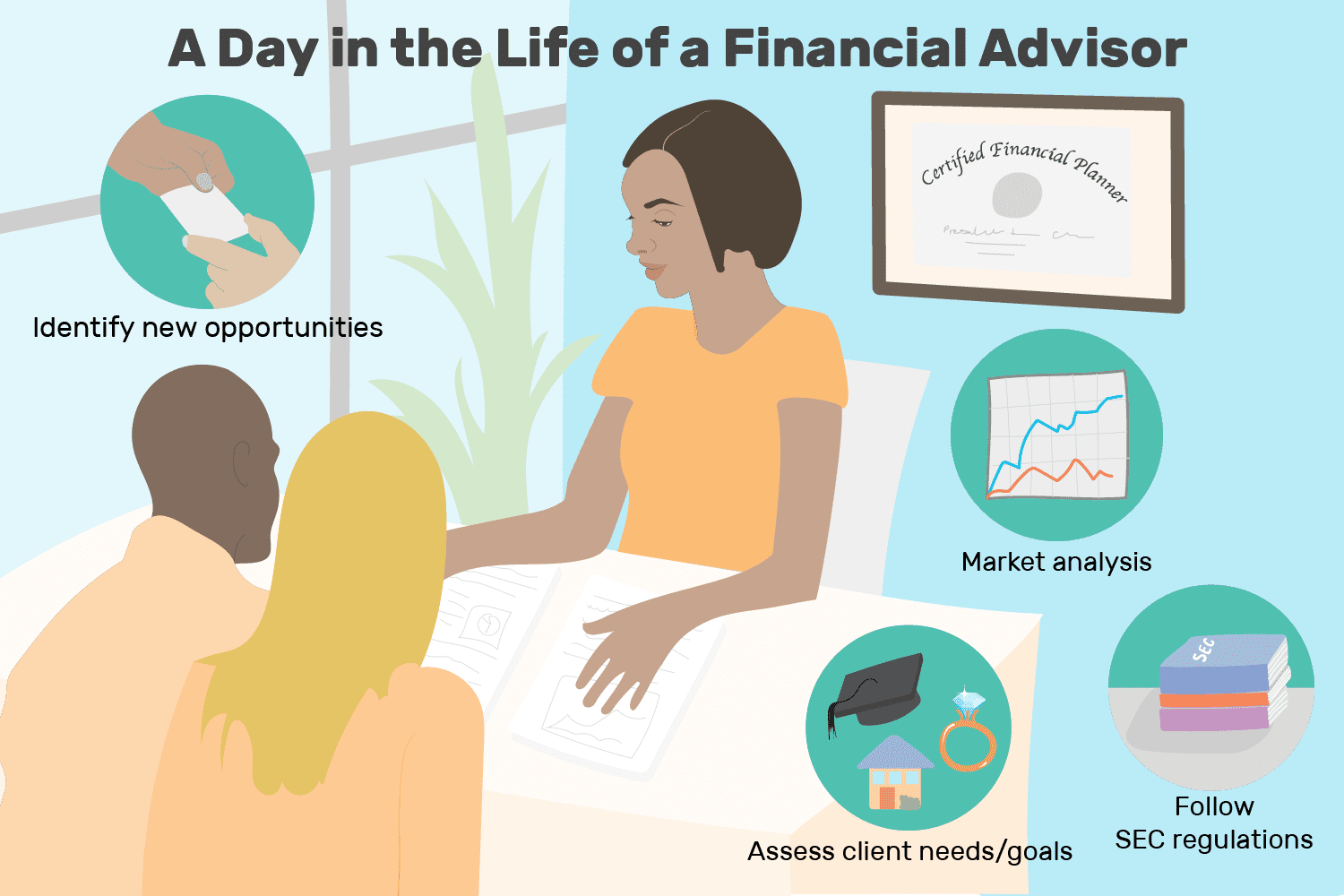
Whether you are a newbie in social media management or a seasoned pro, there are several tips and tricks that you can follow to stay on top of the activity on your accounts. These tips include managing your time, creating a schedule and analysing the feedback from others. Once you've mastered these tips you will be on your way to success.
Time management
Time management can be made easier by creating a schedule and following it. It can be difficult finding the time to complete all of your tasks when you don't have one. You should also ensure that you have a tidy workspace. It can help you manage your time more effectively by keeping your workspace clean.
Setting a timeline is another useful time management tip. This allows you to determine when new content should be posted. This will reduce the amount of work you have to do and save you time spent brainstorming content.

How to create a schedule
It can be a valuable tool to help you reach your goals online. It will allow you to create a content strategy and segment posts according to your target audience. This will allow you to automate your posts and ensure your audience receives them at their desired time. This will make it easier to save time and increase the likelihood of your content being shared. A social media strategy that works will make your brand more visible and build trust among your target audience.
You must create a template before you can implement a social media management plan. Using a spreadsheet or Google Doc, you can create columns for each month, your content, and your sharing. You can track and maintain consistency by using a social media calendar template.
Analysing your audience
The key to social media management is understanding your audience. It will influence the content you share with them and the way you communicate with them. You might need to segment your audience by age and industry, and also understand their knowledge of your products and industry. You can create messages that resonate with your audience and increase enrollment by analysing them.
The first step in audience analysis is to define your target audience. You can start by researching the market or by looking through your customer records. You could also use advanced audience intelligence software to provide real-time, rich insights about your target audiences. Either way, a thorough understanding of your audience will help you create relevant content and refine your business model.

Negative feedback can be dealt with
Social media management is a critical part of business. It can be difficult dealing with unhappy customers. But it is important that you remain open-minded and honest. Negative feedback is not something you should ignore. It will only cause distrust among your followers. Instead, address it professionally and keep your customers satisfied. Although not everyone will be happy with your products or services at all, they are still going to be complained about.
Even though online communication is mostly public, some situations require a more personal approach to dealing with negative feedback. If the customer has provided detailed feedback or requested sensitive information, it is best to move the conversation to a private conversation. If this is not possible, you may move the conversation onto another social media channel (email or direct message).
FAQ
How do I become successful as a consultant?
The first step is to find an area you are passionate about. Then you have to build relationships. You need to know what clients want and how they operate. The final step is to provide results.
While you don't need to be the best at all things, it is important to be better than others. You need passion for what your do. It doesn't suffice just to say "I'm going be a Consultant." You must really believe in yourself and what you're doing.
How much should you charge as a consultant?
It depends on what you are offering. You don't have to charge anything if you provide services free of charge. However, if you are selling products or services, then you need to set prices based on value.
If you are providing low-quality services, then you don't have anything to sell. So why would anyone pay you anything?
If you provide high-quality service, you may ask for higher prices because people appreciate the value you offer. Also, clients who purchase multiple packages from your company may get discounts.
What degree do I need to become a consultant?
It is best to study a subject well and then practice what you have learned.
Learn how to be a great consultant by studying now!
Employers may be reluctant to hire people with a degree, but not the relevant experience. If you have demonstrated that you have studied the same subjects as those who received the jobs, then you may still be eligible to apply.
But remember, employers will always look for candidates with real-world expertise.
Do I really need legal advice?
Yes! Consultants often create contracts with clients without getting legal advice. This can create problems down the line. If the client terminates an agreement with the consultant before the completion date, what are the consequences? What happens if the consultant doesn’t meet the deadlines specified in the contract.
Avoid potential legal problems by consulting a lawyer.
What is the average time it takes to become a consultant
The amount of time needed depends on your industry and background. Most people start out with a few months before they find work.
However, some consultants spend several years honing their skills before finding work.
Statistics
- On average, your program increases the sales team's performance by 33%. (consultingsuccess.com)
- According to statistics from the ONS, the UK has around 300,000 consultants, of which around 63,000 professionals work as management consultants. (consultancy.uk)
- 67% of consultants start their consulting businesses after quitting their jobs, while 33% start while they're still at their jobs. (consultingsuccess.com)
- Over 50% of consultants get their first consulting client through a referral from their network. (consultingsuccess.com)
- WHY choose me: Why your ideal client should choose you (ex: 10 years of experience and 6-week program has helped over 20 clients boost their sales by an average of 33% in 6 months). (consultingsuccess.com)
External Links
How To
How to find the best consultant
The first thing to do when looking for a new consultant is to ask yourself what you want from him/her. Before you look for someone, you need to be clear about your expectations. A list of what you expect from a consultant is helpful. These could include professional expertise, technical skills and project management abilities, communication skills, availability, and other things. Once you have identified your requirements, you might consider asking friends and colleagues to recommend you. Ask them what their experience with consultants was like and how they compare to yours. Do some internet research if they don't have recommendations. There are many websites, such as LinkedIn, Facebook, Angie's List, Indeed, etc., where people post reviews of their previous work experiences. Use the feedback and ratings of others as a starting point to search for potential candidates. Once you have a shortlist, be sure to contact potential candidates directly to schedule an interview. You should discuss your requirements with the candidates and ask them how they can help. It doesn't matter whether they were recommended to you or not; just ensure that they understand your business objectives and can demonstrate how they can help you reach those goals.